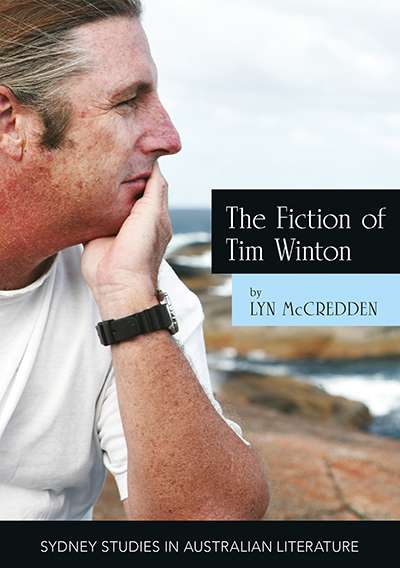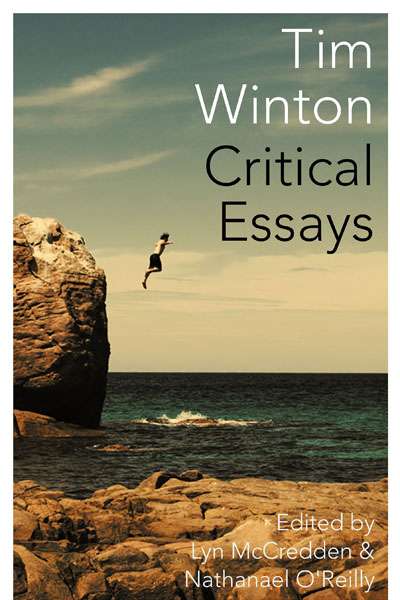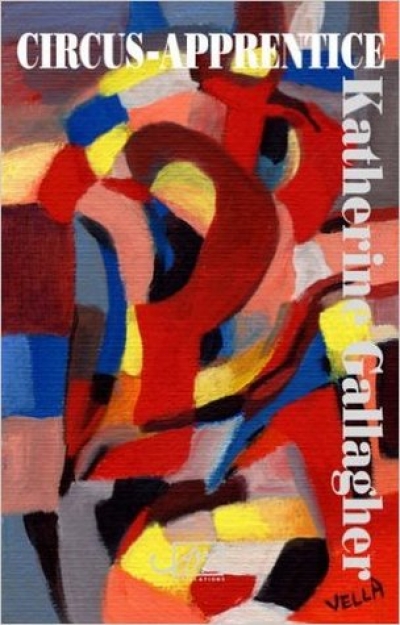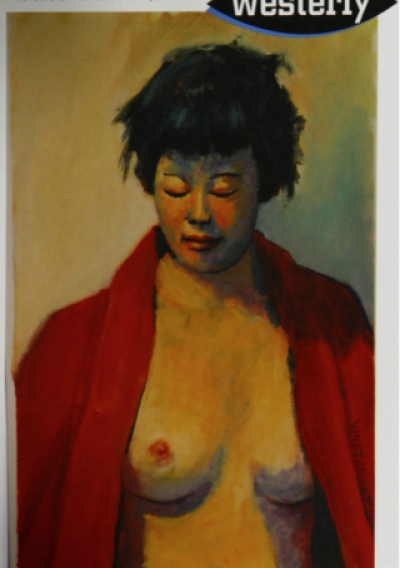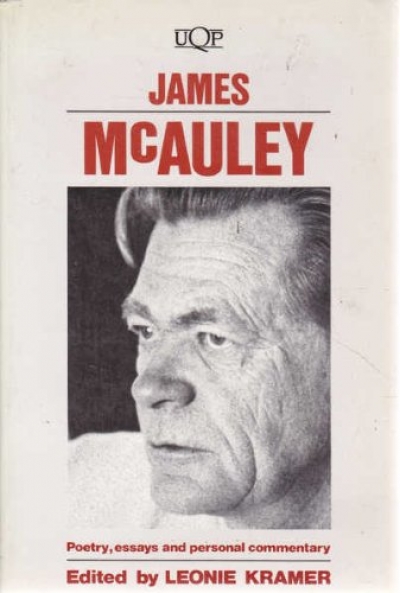Lyn McCredden
Oxford University Press has begun a welcome series called Australian Writers. Two further titles, Imre Salusinszky on Gerald Murnane and Ivor Indyk on David Malouf, will appear in March next year and eleven more books are in preparation. Though I find the first three uneven in quality, they make a very promising start to a series. In some ways they resemble Oliver and Boyd’s excellent series, Writers and Critics, even being of about the same length. However this new series is less elementary, more demanding of the reader. It is, predictably, far sparser in critical evaluation, concentrating on hermeneutics, and biographical information is as rare as a wombat waltz.
... (read more)The Fiction of Tim Winton: Earthed and sacred by Lyn McCredden
Tim Winton: Critical Essays edited by Lyn McCredden and Nathanael O’Reilly
Meanjin vol. 66, no. 2 edited by Ian Britain & Griffith Review 17 edited by Julianne Schultz
Westerly edited by Delys Bird and Dennis Haskell & HEAT edited by Ivor Indyk
John Hanrahan reviews 'A.D. Hope' by Kevin Hart, 'James McAuley' by Lyn McCredden, 'Peter Porter' by Peter Steele, 'Reconnoitres' edited by Margaret Harris & Elizabeth Webby, 'Annals of Australian Literature' edited by Joy Hooton & Harry Heseltine
Oxford University Press has begun a welcome series called Australian Writers. Two further titles, Imre Salusinszky on Gerald Murnane and Ivor Indyk on David Malouf, will appear in March 1993, and eleven more books are in preparation. Though I find the first three uneven in quality, they make a very promising start to a series. In some ways they resemble Oliver and Boyd’s excellent series, Writers and Critics, even being of about the same length. However this new series is less elementary, more demanding of the reader. It is, predictably, far sparser in critical evaluation, concentrating on hermeneutics, and biographical information is as rare as a wombat waltz.
... (read more)
